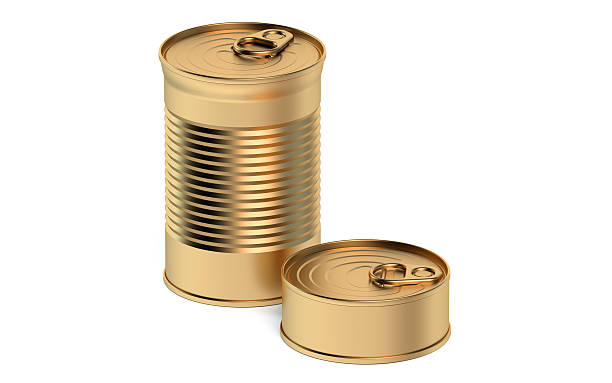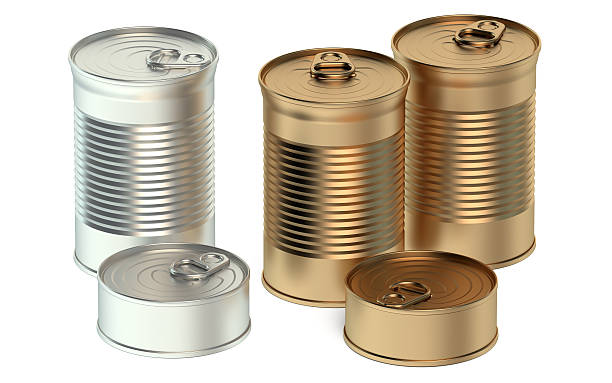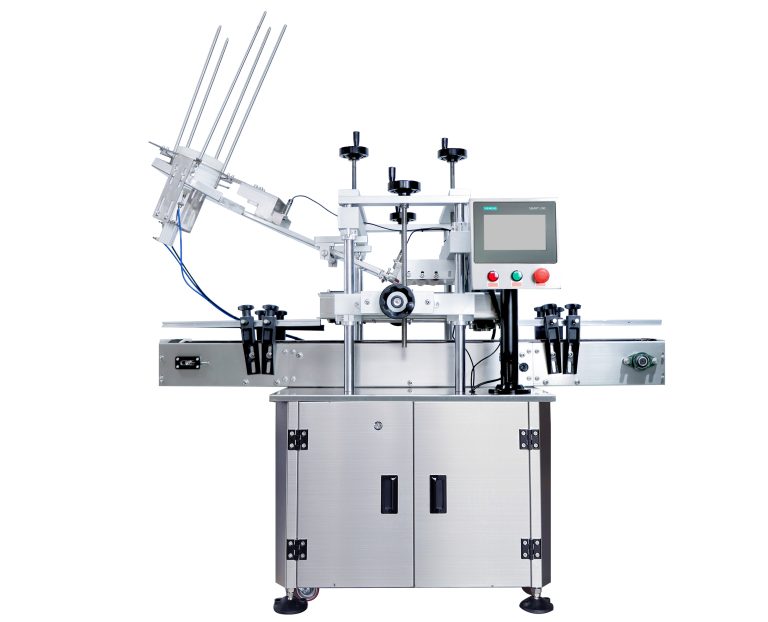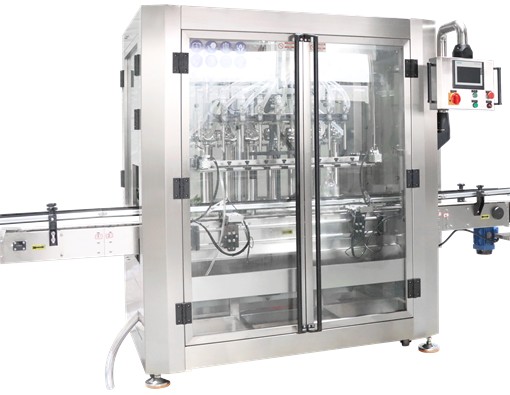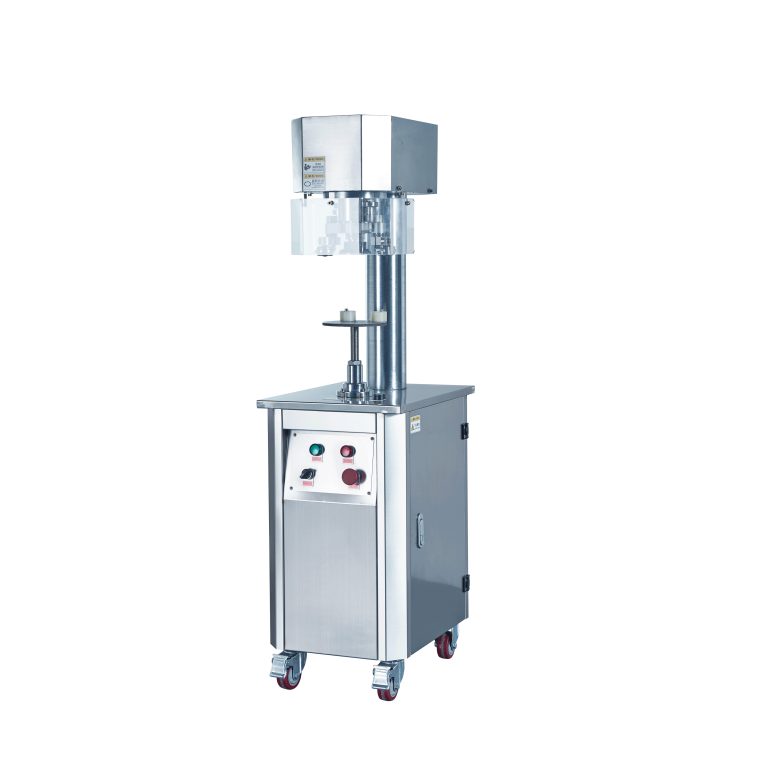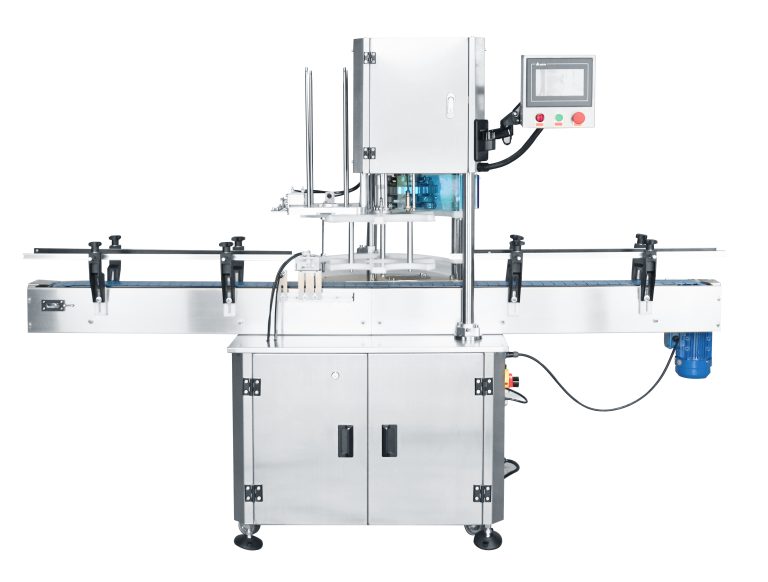Table of Contents
Sustainability Initiatives in Food Can Packaging Industry
The food can packaging industry plays a crucial role in preserving and protecting food products, ensuring their safety and quality for consumers. As consumer demand for sustainable and eco-friendly packaging solutions continues to grow, the industry is facing increasing pressure to adopt more environmentally friendly practices. In response to this demand, many companies in the food can packaging industry are implementing sustainability initiatives to reduce their environmental impact and meet the changing needs of consumers.
One of the key sustainability initiatives in the food can packaging industry is the use of recycled materials. By incorporating recycled materials into their packaging, companies can reduce the amount of waste generated and decrease their reliance on virgin materials. This not only helps to conserve natural resources but also reduces the carbon footprint of the packaging production process. Additionally, using recycled materials can help companies meet their sustainability goals and demonstrate their commitment to environmental stewardship.
Another important sustainability initiative in the food can packaging industry is the adoption of renewable energy sources. Many companies are investing in renewable energy technologies such as solar and wind power to reduce their reliance on fossil fuels and lower their greenhouse gas emissions. By transitioning to renewable energy sources, companies can decrease their environmental impact and contribute to the fight against climate change. This not only benefits the environment but also helps companies reduce their operating costs and improve their bottom line.
In addition to using recycled materials and renewable energy sources, companies in the food can packaging industry are also focusing on reducing waste and increasing recycling rates. By implementing waste reduction and recycling programs, companies can minimize the amount of waste sent to landfills and promote a circular economy. This not only helps to conserve resources but also reduces pollution and protects the environment. By working towards zero waste goals, companies can improve their sustainability performance and enhance their reputation with consumers.
Furthermore, many companies in the food can packaging industry are exploring innovative packaging solutions to further improve their sustainability credentials. This includes the development of compostable and biodegradable packaging materials that can break down naturally in the environment. By using these materials, companies can reduce the environmental impact of their packaging and provide consumers with more sustainable options. Additionally, companies are also investing in research and development to create packaging solutions that are lighter, more efficient, and easier to recycle.
Overall, the outlook for the food can packaging industry is promising as companies continue to embrace sustainability initiatives and work towards a more environmentally friendly future. By using recycled materials, adopting renewable energy sources, reducing waste, and exploring innovative packaging solutions, companies can improve their sustainability performance and meet the changing needs of consumers. As the demand for sustainable packaging solutions continues to grow, companies in the food can packaging industry must continue to innovate and collaborate to create a more sustainable and resilient supply chain. By working together towards a common goal, the industry can help protect the environment, conserve resources, and ensure a brighter future for generations to come.
Technological Advancements Impacting Food Can Packaging Industry
The food can packaging industry has seen significant advancements in technology in recent years, which have had a profound impact on the way food products are packaged and preserved. These technological advancements have not only improved the efficiency and effectiveness of food can packaging but have also opened up new possibilities for innovation and sustainability in the industry.
One of the key technological advancements that has revolutionized the food can packaging industry is the development of high-speed canning lines. These automated systems are capable of filling and sealing thousands of cans per minute, significantly increasing the productivity and efficiency of food can packaging operations. This has allowed food manufacturers to meet the growing demand for canned food products while reducing production costs and improving overall quality.
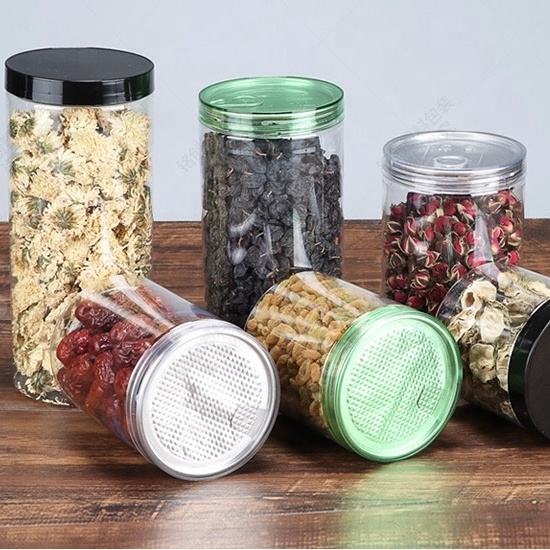
In addition to high-speed canning lines, advancements in packaging materials have also had a significant impact on the food can packaging industry. The development of lightweight, yet durable materials such as aluminum and steel has made it possible to create cans that are not only more environmentally friendly but also more cost-effective to produce and transport. These materials also offer superior protection against contamination and spoilage, ensuring that food products remain fresh and safe for consumption.
Another technological advancement that has transformed the food can packaging industry is the use of advanced sealing technologies. Vacuum sealing, for example, creates a tight seal that prevents air and moisture from entering the can, extending the shelf life of food products and reducing the risk of spoilage. Similarly, the use of modified atmosphere packaging (MAP) allows food manufacturers to control the levels of oxygen, carbon dioxide, and nitrogen inside the can, further enhancing the preservation of food products.
Furthermore, advancements in labeling and printing technologies have made it possible for food manufacturers to create more attractive and informative packaging designs. High-resolution printing techniques allow for vibrant colors and intricate designs to be printed directly onto the can, enhancing the visual appeal of the product and attracting consumers’ attention. Additionally, the use of smart labels and QR codes enables consumers to access detailed information about the product, such as its ingredients, nutritional content, and expiration date, with a simple scan of their smartphone.
Overall, the outlook for the food can packaging industry is promising, thanks to the continuous technological advancements that are driving innovation and sustainability in the industry. As food manufacturers continue to invest in cutting-edge technologies and processes, we can expect to see further improvements in the efficiency, quality, and environmental impact of food can packaging. With consumers becoming increasingly conscious of the importance of sustainable packaging solutions, the industry is likely to see a shift towards more eco-friendly materials and practices in the coming years. In conclusion, the future of the food can packaging industry looks bright, with technology playing a key role in shaping its evolution and growth.

